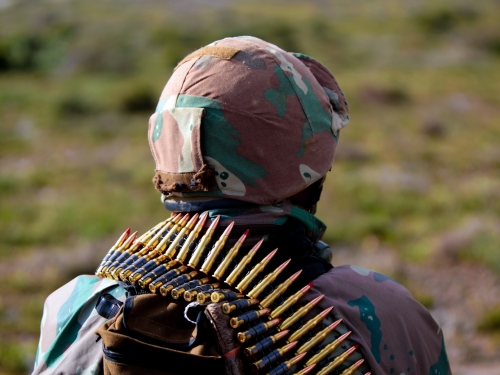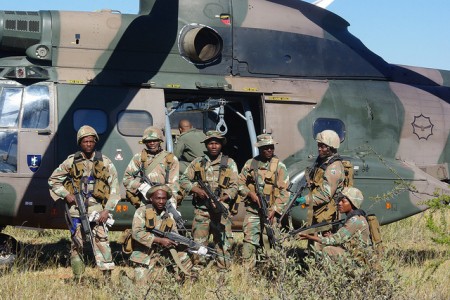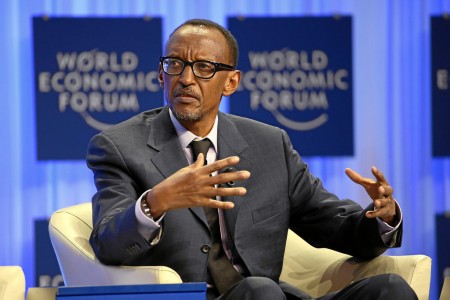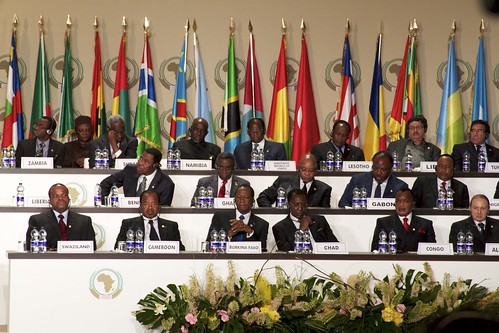
This article was originally published by the Fund For Peace (FFP) on 22 April 2015.
A rapid rise in anti-immigrant violence has emerged in South Africa, with at least seven people killed and many more local immigrants’ properties and businesses destroyed. In response to this wave of xenophobic crime, the South African government announced the deployment of troops to areas that have been most affected by the violence, including parts of Durban in Kwa-Zulu Natal and the impoverished district of Alexandra in Johannesburg.




